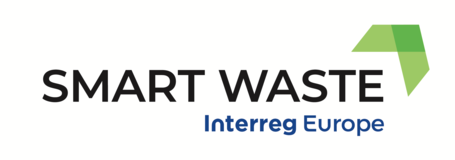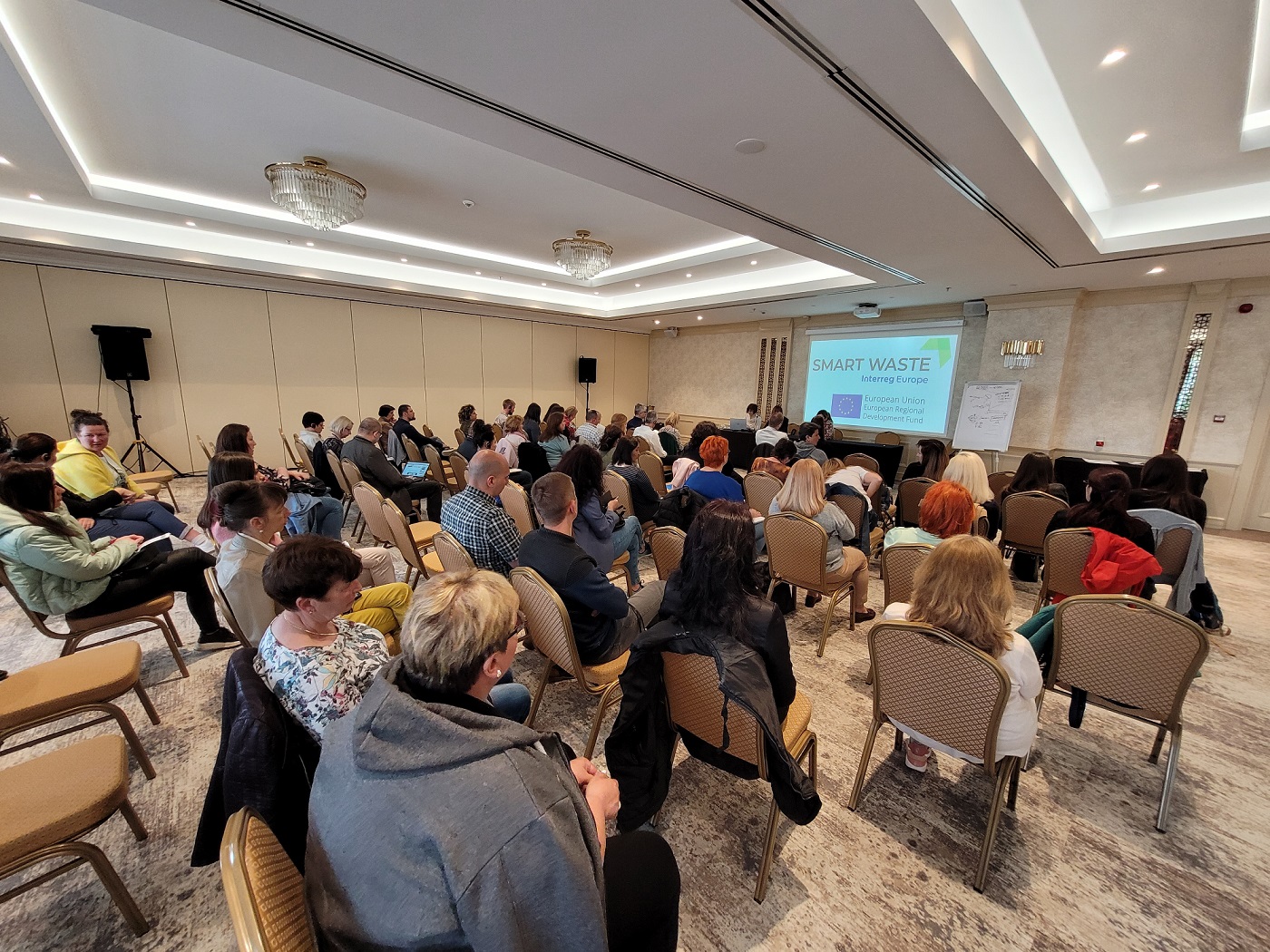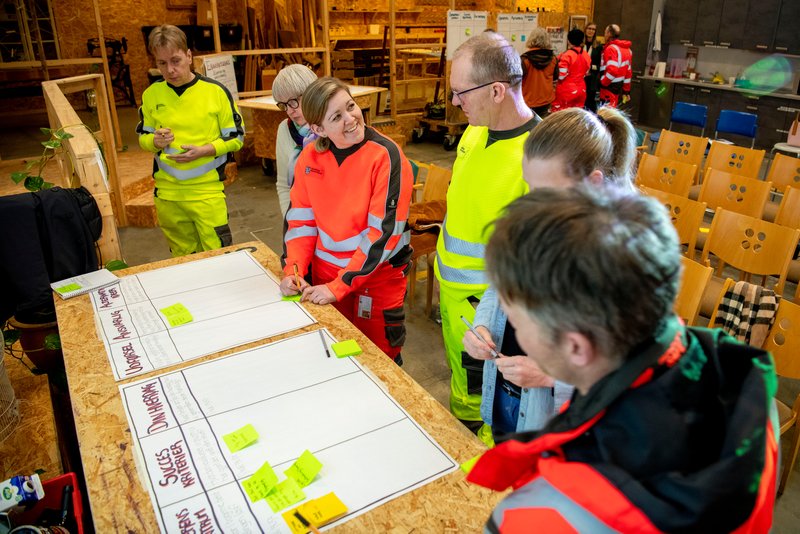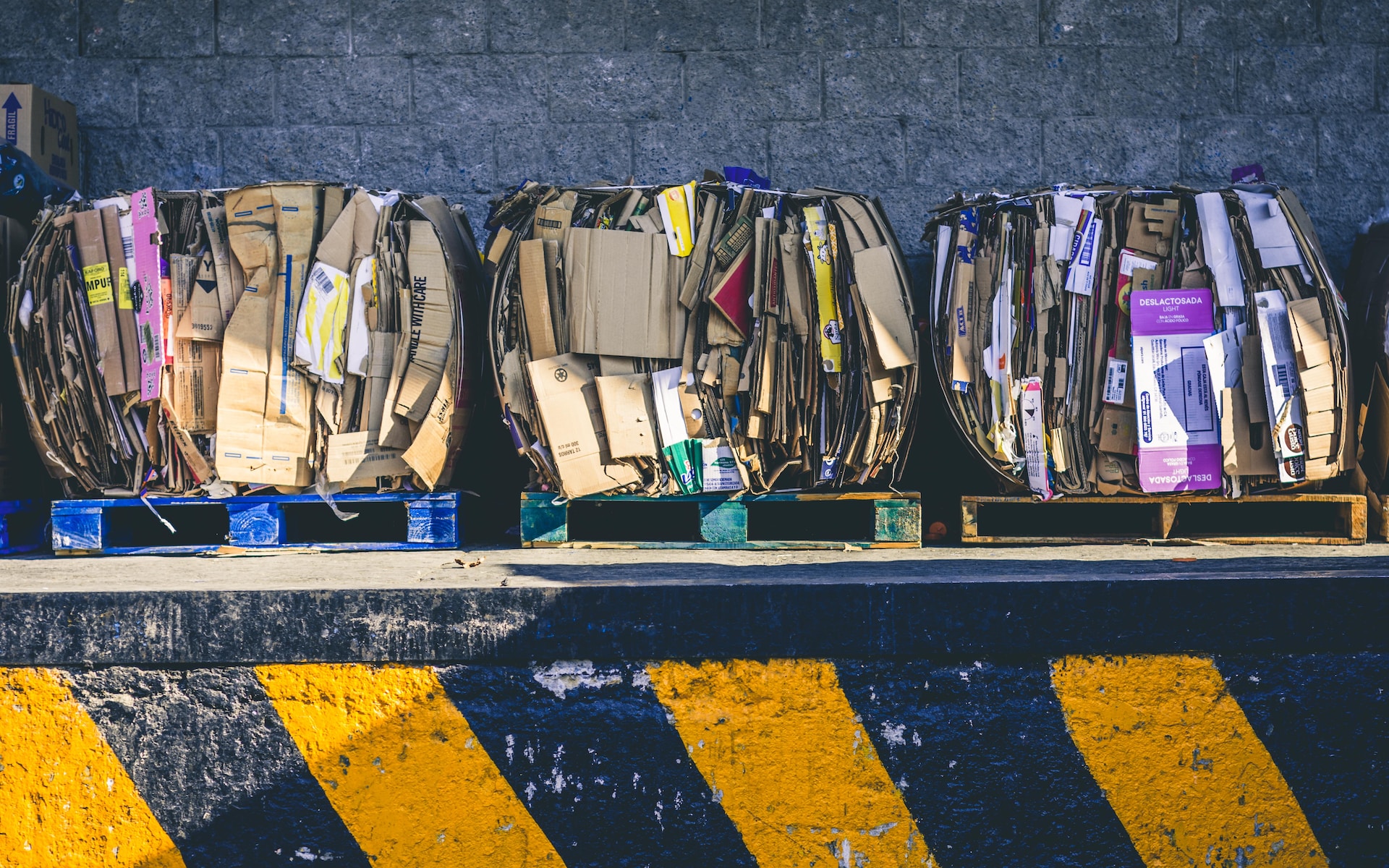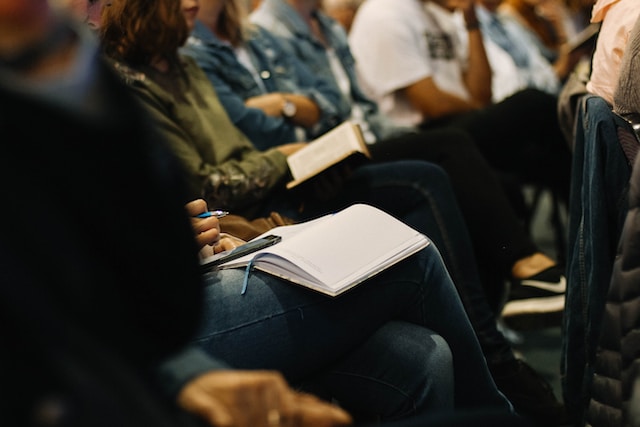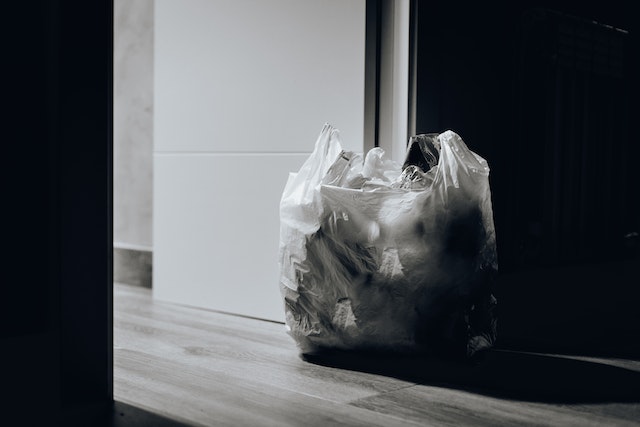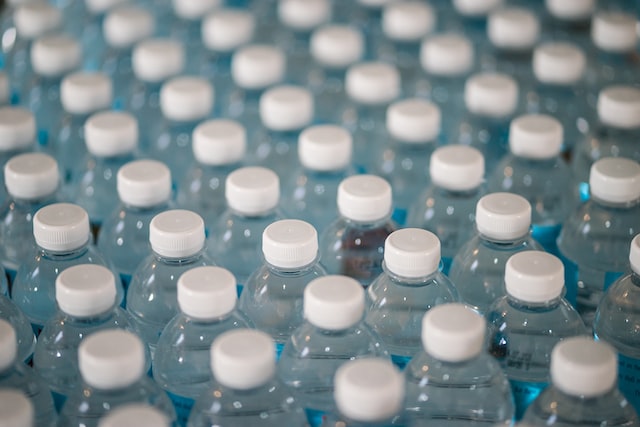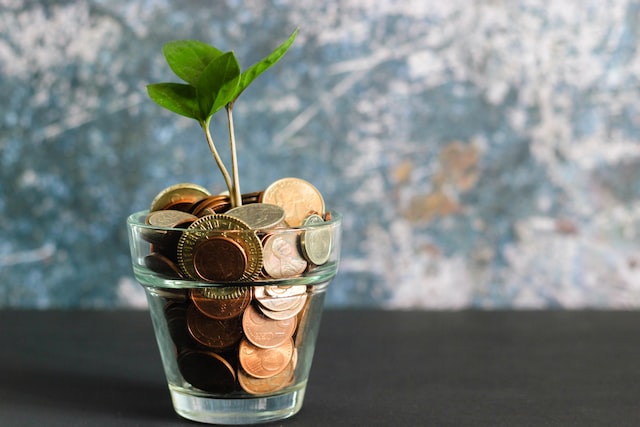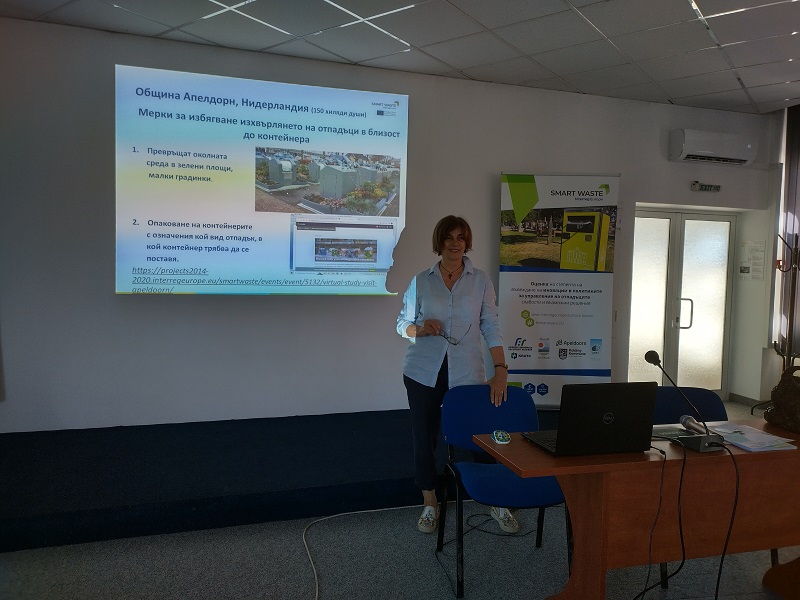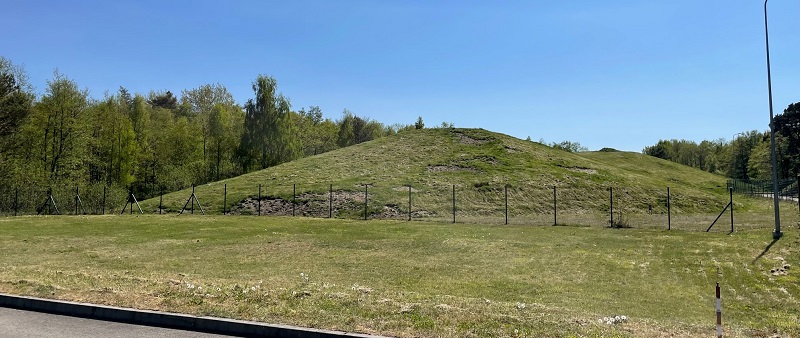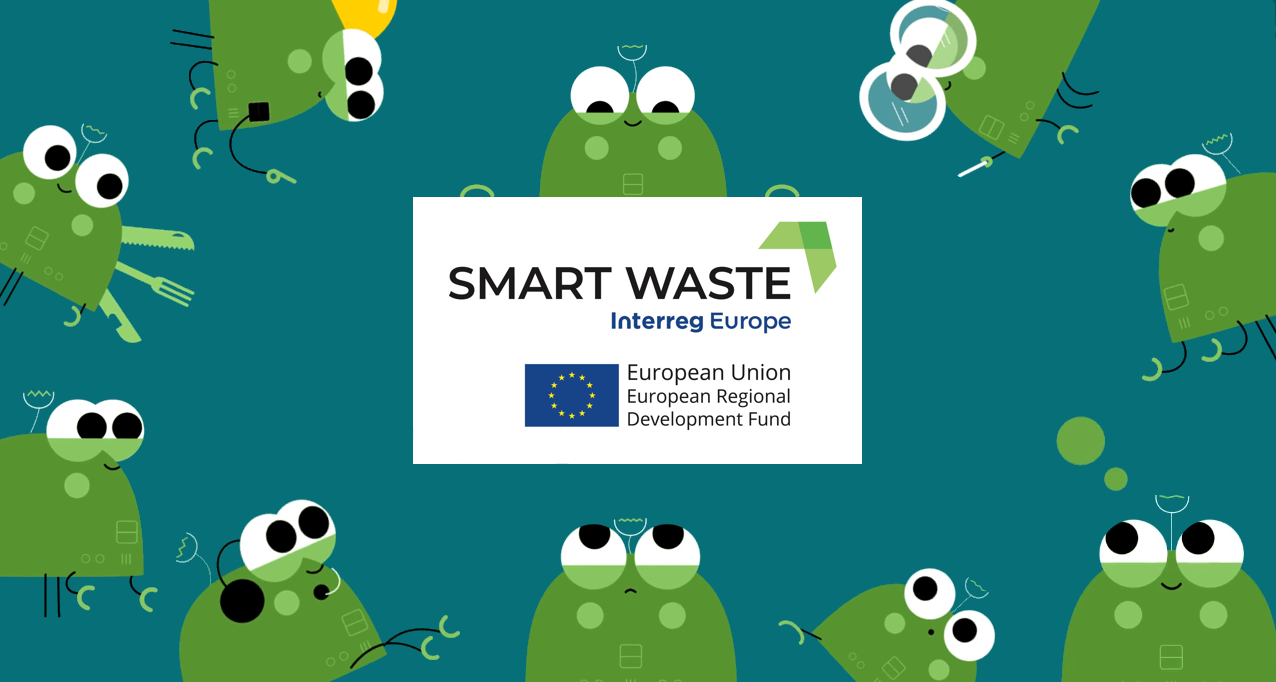It has been 2 years that SMART WASTE partners got together to find solutions for a smarter, more effective, sustainable, and cost-efficient waste management, benefiting all territorial stakeholders.
Discover more about two partners, Kolding and ARRR in these articles:
A review of local situations
Partners started by analysing their local situations. To evaluate to what extent current national, regional and local policies have promoted successful innovation in waste management, SMART WASTE partners have set a policy evaluation method.
Some of the needs that appeared were for example to:
- reshape funding tools to better address the real needs of SME;
- build synergies among actors at various governance levels;
- move from quantitative to qualitative evaluation;
- assess the real performance of the waste management plan against initial forecasts.
Apeldoorn and Kolding decided to go one step further and closely cooperate and exchange on their policies. Before defining which experience can be used from one another, they found it necessary to better understand their respective situation. For that, they created a short survey which complements the policy evaluation method.
Each partner created a group of territorial stakeholders to reflect on and contribute to the project by providing information, advice, and opinions. These stakeholders are representatives of the public and private sectors, or of the civil society, or they can be regular citizens, interested in the policies selected for this project. They meet at least once every six months.
Read about the first meeting in Bulgaria or in Italia or how Apeldoorn evaluated its waste management policy with its stakeholders.
The evaluation of the support to innovation in waste management given by public policies in each partner's territory is now at an advanced stage, in particular thanks to the involvement of local stakeholders.
Exchange of experiences and policy improvement
Despite the turbulence brought by the COVID-19, partners created and maintained a high level of exchange of experiences for these two years, sometimes adapting planned activities and even adding new ones such as a series of informal discussions on waste management.
They are working hard to identify Good Practices and share them on the website. You can already have a look at 12 of them.
Since November 2019 partners started the policy improvement activity. They first got acquainted with the tools that will support the development of improvements in their public policies, namely a template to describe good practices and a matrix for the comparison between good practices and needs by each partner.
They are now assessing to which extend the good practices already identified by one partner could help to address local failures on another partner’s territory.
As a result, a policy change has already been implemented by Kolding to establish common tools and framework to work in a standard way on projects and evaluate, for example, its waste collection service.
